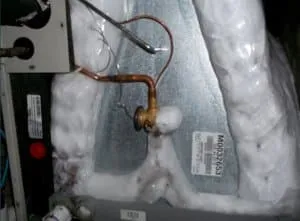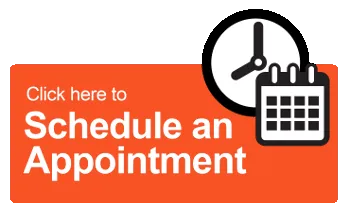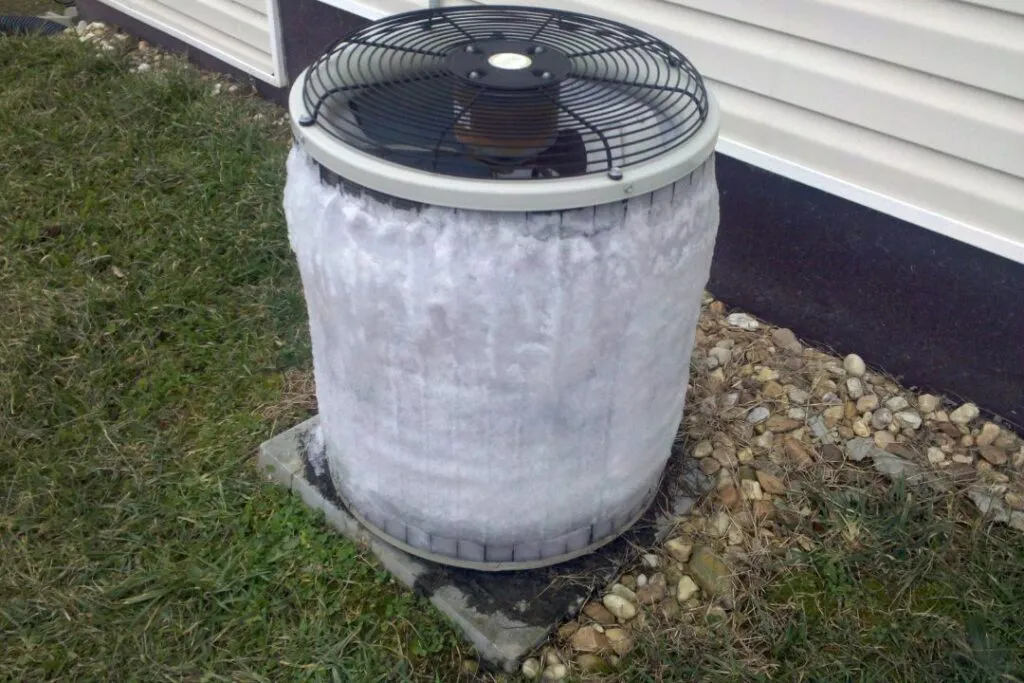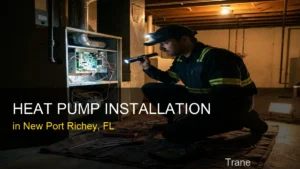[vc_row type=”in_container” full_screen_row_position=”middle” column_margin=”default” column_direction=”default” column_direction_tablet=”default” column_direction_phone=”default” scene_position=”center” text_color=”dark” text_align=”left” row_border_radius=”none” row_border_radius_applies=”bg” overlay_strength=”0.3″ gradient_direction=”left_to_right” shape_divider_position=”bottom” bg_image_animation=”none”][vc_column column_padding=”no-extra-padding” column_padding_tablet=”inherit” column_padding_phone=”inherit” column_padding_position=”all” column_element_spacing=”default” background_color_opacity=”1″ background_hover_color_opacity=”1″ column_shadow=”none” column_border_radius=”none” column_link_target=”_self” gradient_direction=”left_to_right” overlay_strength=”0.3″ width=”1/1″ tablet_width_inherit=”default” tablet_text_alignment=”default” phone_text_alignment=”default” bg_image_animation=”none” border_type=”simple” column_border_width=”none” column_border_style=”solid”][vc_column_text]
 Is Your Air Conditioner Freezing Over? Here’s What you Should Do
Is Your Air Conditioner Freezing Over? Here’s What you Should Do
If you notice your air conditioner freezing up on a hot Florida Day, you know that it is more than just an inconvenience. This is can be a sign that there is a serious problem with your AC system that needs to be corrected. Having a home that is 90+ degrees is enough to convince most homeowners to correct the issue, but the prospect of further damage to your system and a higher repair bill could also do it. Today we are going to offer a few tips on how to identify the cause of your system freezing.
Why Is Your Air Conditioner Freezing Up?
When your AC system is freezing up it is generally going to be caused by one of two things. The first is poor airflow and the second is low refrigerant pressure.The common causes of freezing can be easy to spot just by taking a look at your AC System. Low outside temperatures can be one cause. When a filter, vent or ductwork is clogged it can restrict air flow which causes moisture to build up on the coils.Leaking refrigerant is another very common issue and can be easily diagnosed by a technician. Your AC system is a sealed system and should not leak or lose refrigerant so low refrigerant is usually the symptom of a defective part.Both of these problems will create ice, leading to your air conditioner freezing up. The first thing you should do is to turn your system off completely and it defrost before you perform any maintenance or further inspection.
So What is the Science Behind a Frozen AC?
The Joule-Thomson Effect is the real reason that your system freezes up. There is no need to dig out your high school physics notes the Joule-Thompson Effect is pretty simple.The principle behind the Joule-Thomson Effect starts with a closed, constant system. Within the system, if a gas expands, then its pressure decreases. The decreased pressure causes the temperature to decrease as a result. If a gas in the same system is compressed, then the pressure and temperature both increase. The “temperature” you feel is actually a result of the energy stored within the system’s gas molecules. Excited, high-energy gas under high pressure gives off more energy, causing it to feel hot. Molecules under less pressure move slowly and, similarly, feel cold.So, in a few words: Gas compresses, it gets warm; gas expands, it gets cold.The Joule-Thomson Effect is the main principle behind why your air conditioning unit works. The refrigerant flows through expansion and compression valves in coils. The change in pressure at these coils cools the air around them which then is blown into your home through the ductwork and out to the vents.The unit on the outside of your home is the compressor which compresses the refrigerant. The refrigerant then gets decompressed again further down the line to create lower temperatures. The compressor runs hot because the gas inside is being put under higher pressure. The coils inside the house run cold because the pressure is being reduced.Enough physics, lets take a look at some real world examples and fixes for a frozen system.Cold WeatherYour air conditioner is designed to operate in outdoor temperatures that are above 62º F. Temperatures below 62º F will cause your system’s pressure to drop and this will cause it to freeze or ice up.This is why it is important to not run your AC during cold weather. If you happened to put a few too many logs on the fire Christmas morning it is best to open a window or two instead of starting the AC unit. This will also eliminate the risk of damaging your system.
Dirty or Clogged Air Filters
A much more common cause of a frozen system is an older filter that is clogged or dirty. The fibers in your AC filter are designed to collect the dust, pollen, dander and other particles that you do not want in your home. When these filters fill up they become clogged and restrict airflow which limits the amount of air passing over the coils. The limited air flow then causes condensation to build up and freeze on the coils and over time will “freeze up” the system.The good news is that this is obviously a simple fix, just replace the filter. You or your AC maintenance technician should have a schedule based on your systems requirements to ensure that your filters are clean and working properly.If you cant remember the last time your filter was changed this is a great place to start and could save you some money.
Duct and Vent Issues
When changing your filter is not improving your systems airflow or if the freezing problem continues there could other obstructions in the system.This is something that you could correct yourself although it may be a little tricky if you are not experienced with working on your AC system. Clean and unobstructed vents and ductwork could go a long way toward correcting the freezing issue.We recommend having your entire system serviced by a licensed professional at least once per year if possible. Once in the Spring and once in the Fall would be the ideal schedule for maintenance. The most important thing is to be sure that you are not neglecting the system for years at a time.Finally, if you have a new system that is freezing it could be a sign that the system was not fitted properly. The ductwork may not be sized correctly , or there could be too few returns. If you suspect that your new system may have been installed incorrectly it could be time for a second opinion from a new HVAC contractor.
Refrigerant Leak
If your system has a refrigerant leak this can also cause pressure to drop and again may lead to ice forming inside the system. When a leak is present the cause needs to be identified and repaired. Once the cause of the leak has been repaired the system will need to be recharged (refrigerant added).Refrigerant leaks will require the help of a licensed HVAC technician. The refrigerant that is used in you AC system is a potent chemical and technicians must be trained to handle it correctly. Improper handling of refrigerant can lead to serious injury or cause environmental harm.Attempting to handle these chemicals without proper training and certification is illegal and could lead to legal consequences. You should always call a licensed professional to correct a refrigerant leak in your system.Generally these repairs will involve replacing the faulty parts to stop the leak and then recharging the system. Refrigerant leaks may be costly to repair, but hiring a trained professional will ensure that your AC system is working properly.If you have tried everything listed above and your system is still freezing then call a professional is your best option. An trained HVAC technician will be able to complete these repairs quickly and reduce the chance of further damage to your system. You will also remove the risk of injury to yourself, family or pets and prevent potential environmental damage.
Defective AC System Parts
While airflow blockage from filters, vents and refrigerant leaks are the most common causes of a freezing system there can be other causes. Mechanical failures or faulty seals could be the culprit and will need to be inspected by a trained technician.Your systems refrigerant lines have O-rings at the connections that can fail over time. These are usually a quick fix, but your system will need to be recharged. Occasionally refrigerant lines can become crimped and stop or reduce flow. Always be careful when cleaning your system to be sure not to disturb the refrigerant lines.One other common cause of freeze up comes from the blower fan itself. When one or more of these fans is not working this will reduce airflow and can cause icing. Even a fan with a blade that is dinged or off center can be enough to cause a system to freeze.All of these issues can be corrected pretty easily by a trained AC technician. They can also be avoided by performing routine maintenance once or even better twice per year. A good technician will see these things before they become a more serious issue or may even be able to keep them from happening in the first place saving you money on repairs in the future.So What is the Next Step?When your AC system freezes up and you want to try to resolve the issue yon your own follow these steps.• Completely shut down your AC system and let it defrost completely. Continuing to run a frozen system could cause further issues.• Inspect the filter(s) to see if they need to be changed and replace as needed.• Clean your evaporator coil and ensure that there is no dirt or debris covering the coil.• Inspect and clean your vents to remove any blockages.If you have tried everything above and have visually inspected the system thoroughly but the system is still freezing up its time to call a professional. This would also be a good time to discuss an annual or bi-annual maintenance plan if you don’t have one in place already.As catastrophic as your air conditioner freezing up may seem, the causes are generally pretty simple to remedy. Do what you can to figure out if the issue is related to airflow in the system and schedule repairs. If you feel there is an issue with the refrigerant pressure, call in a professional right away. They will have your system up and running in no time.[/vc_column_text][/vc_column][/vc_row]

